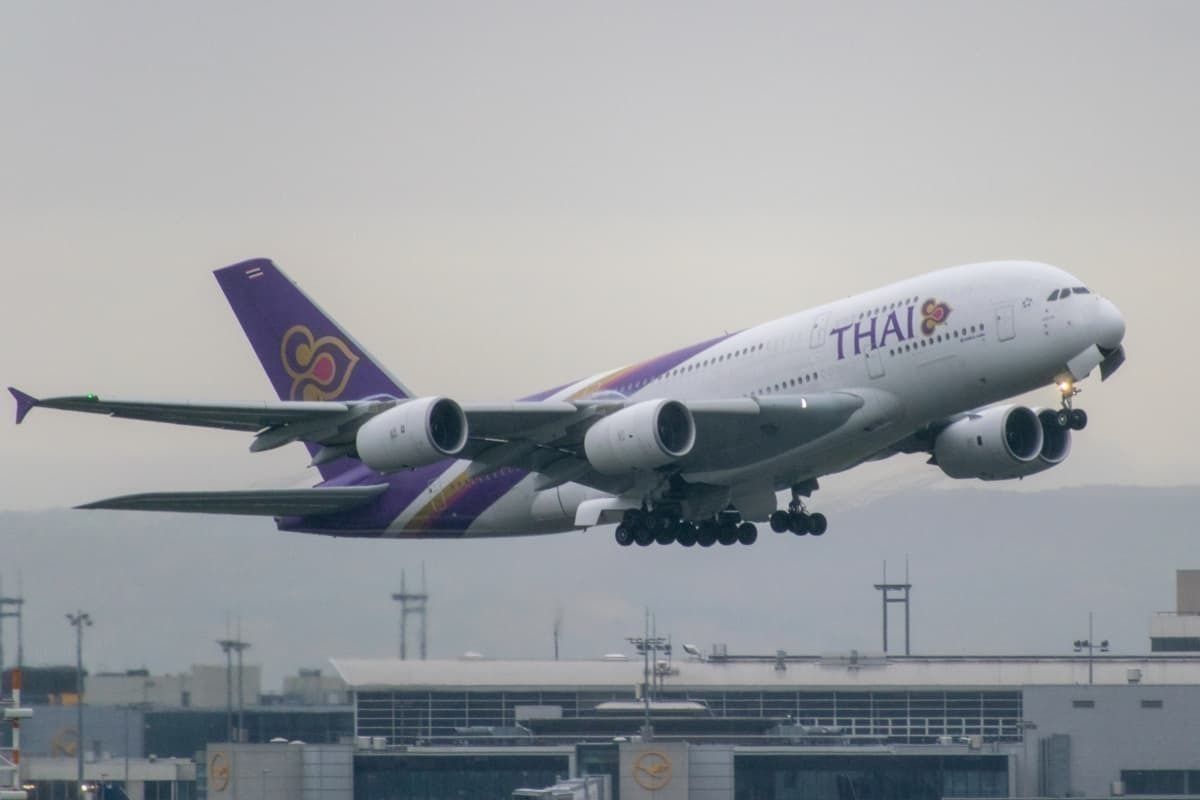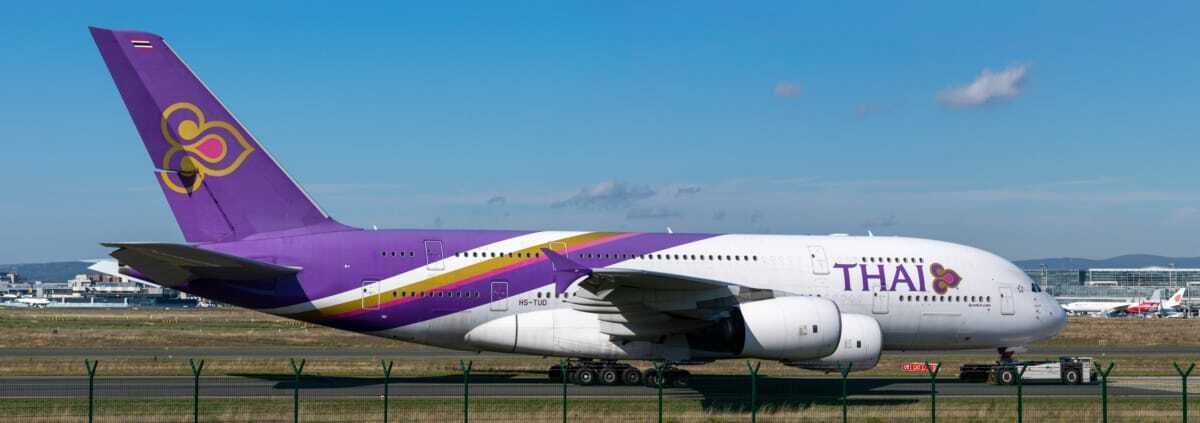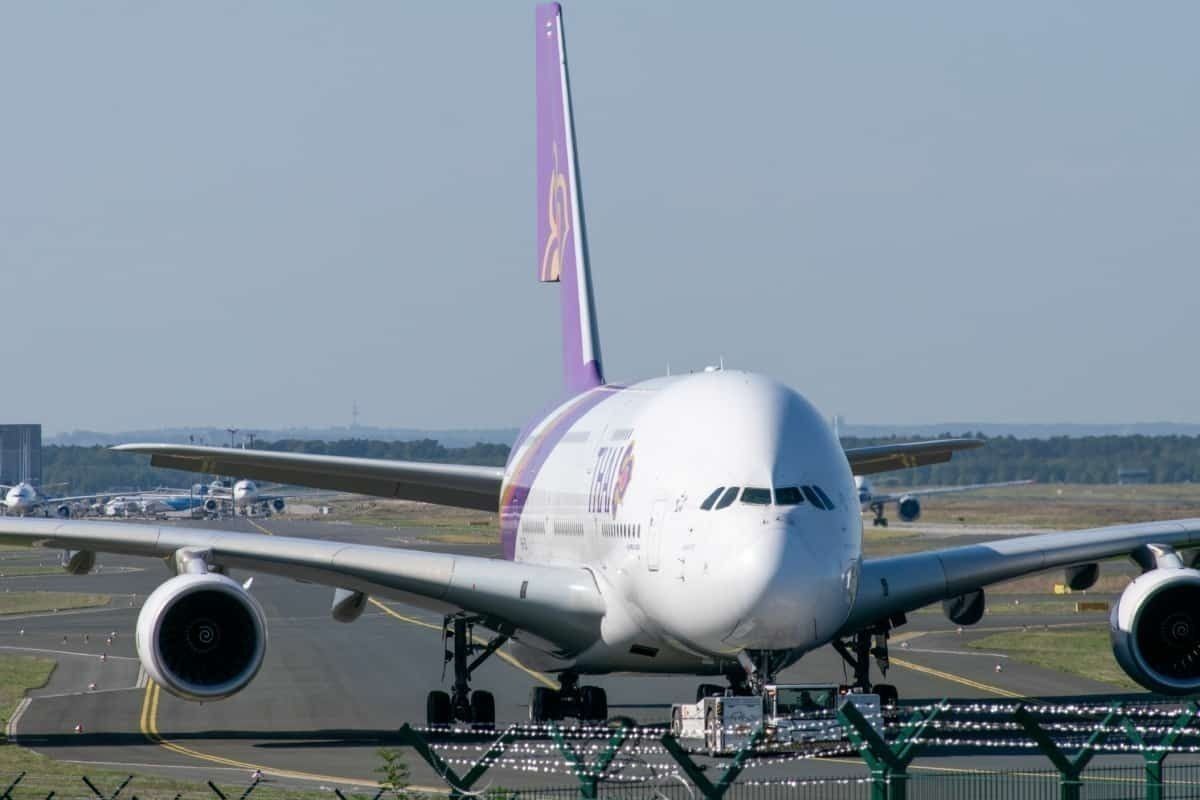The Thai Government has sold a 3.2% stake in national carrier THAI Airways according to a filing listed with the SEC on Friday. The stake of 69.2 million shares was sold to the Vayupak 1 mutual fund run by Krung Thai Bank. The government's stake is now 47.86%, ending THAI Airways' days as a majority-owned state enterprise.
“The Cabinet agreed the government will reduce its holding in Thai Airways to under 50 percent, ending the airline’s status as a state-enterprise,” Saksayam Chidchob, Thailand's transport minister said last week.
Thai Government offloads airline to save the airline
We've extensively covered the financial woes of THAI Airways at Simple Flying. With the exception of 2016, the airline has posted losses since 2012 and carries debts of approximately $2.9 billion. In 2019, THAI Airways lost $376 million. In the first half of 2020, the airline is expected to lose around $565 million.
Currently, THAI has suspended all international flying. The airline is running some limited domestic flights. But with no real relief on the horizon, the Thai Government is moving to restructure the airline while under formal bankruptcy protection.
By seeking the protection of a formal restructuring process, THAI Airways can prevent its assets and aircraft from being seized by creditors. Friday's SEC filing protects its assets and aircraft in the United States. Some 35% of THAI's creditors are based in the United States.
However, as a majority state-owned enterprise, THAI Airways faced significant legal barriers in accessing that formal protection. By selling the stake and ridding the airline of majority state-owned status, THAI Airways is able to better access the protections and provisions of Thai bankruptcy law.
Plans to shrink fleet, Airbus calls in leases
The restructuring plan to be supervised by the Central Bankruptcy Court will see THAI Airways 74 strong fleet reduced and leased aircraft go back to lessors. THAI Airways has 53 aircraft on lease, 30 of them leased from Airbus. The manufacturer is reported to be calling in those leases.
Among THAI Airways' leased planes are six A380s, fifteen A350-900s, fifteen A330-300s, and twenty A320-200s.
Thailand's prime minister, General Prayut Chan-o-cha, called last week's decision difficult but necessary.
"Today I had to make a very difficult decision regarding THAI. But it is one that I know is in the best interests of the public and of our country."
He said there were three choices; keep funding the airline, let it go bankrupt, or sent it into a formal restructuring process. The Thai Government settled on the third choice.
While there is a long history of the government propping up THAI, Thailand is under acute economic strain right now and could not continue funding the airline at the expense of other needs.
THAI to keep operating as per "normal", hopeful for future
Second Vice-Chairman and Acting President of THAI, Chakkrit Parapuntakul, says the airline will keep operating as per normal. However, "normal" right now consists of very limited domestic flights, charter flights, and cargo flights. International flying into Thailand remains suspended until June 30.
As part of the restructuring process, there are reports that 6,000 of THAI's 21,000 employees will be permanently laid off. They will receive 10 months salary as compensation. The majority of these employees are currently furloughed.
THAI Airways says it plans to do everything it can to ensure it comes out of the restructuring process a stronger and more sustainable entity.



